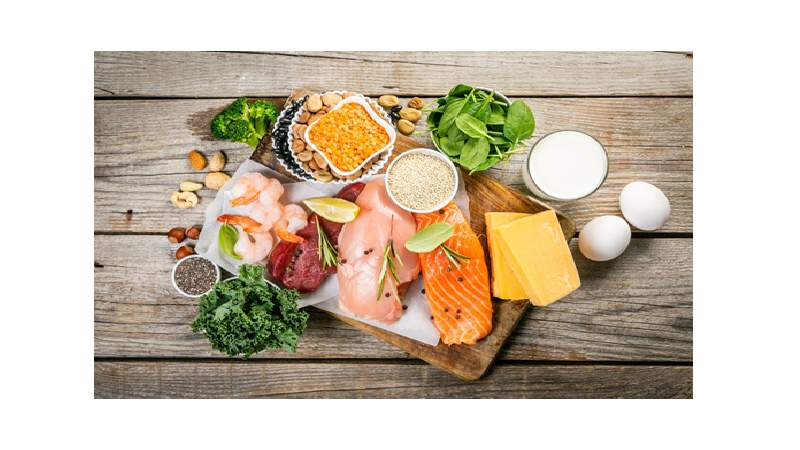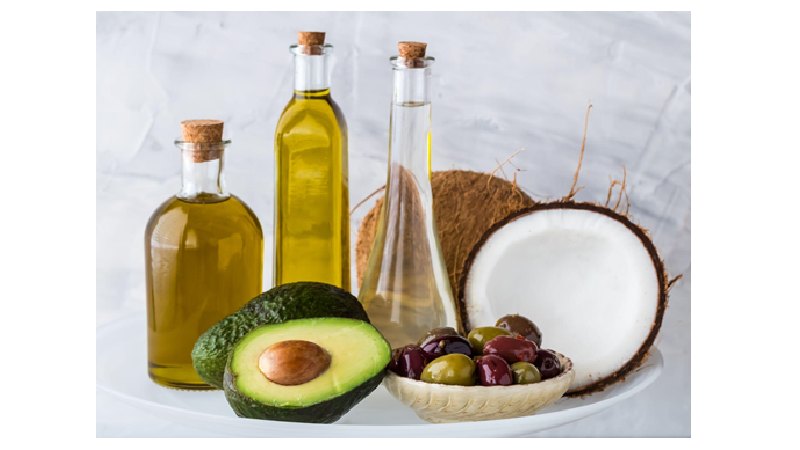
Balance Working Out and Nutrition
Are you struggling to balance working out with nutrition? Do you feel like you’re always eating on the go and don’t have time to make healthy choices? You’re not alone. Millions of people are in the same boat. But that doesn’t mean you have to give up on your health goals. There are ways to make it work.
In this article, we’ll discuss seven ways to balance working out with nutrition to stay on track and reach your fitness goals. We’ll cover everything from how much to eat to what types of food to choose so that you can make the best decisions for your body. We’ll even tell you how nourish supplements can help you balance working out and nutrition by providing the nutrients you need to stay healthy and reach your fitness goals. So read on and get started.
Table of Contents
Why Is Nutrition Important?
Maintaining a healthy diet is just as important as working out to achieve fitness goals. To see results, you need to ensure that your body is getting the proper nutrients. This is different than trying out the latest fad diet. A healthy diet means eating sustainably, supporting your body’s needs for lifelong health.
Good nutrition looks different for everyone. It depends on your goals, lifestyle, and body type. But some general principles apply to most people.
Ways to Balance Working Out with Nutrition
1) Eat Enough. Period.
This may seem like common sense, but many people don’t eat enough food because they’re trying to cut calories, thinking it will help them lose weight. What ends up happening is too many calories are cut. Instead of being in a calorie deficit, you may be in starvation territory. To have the energy you need to work out, you need to make sure you’re eating enough. This doesn’t mean eating junk food or overeating. It means eating enough healthy, balanced meals throughout the day.
2) Eat Lots of Protein
Protein is essential for building muscle. So whether you’re trying to bulk up or just add some lean muscle for better fitness levels, you need to make sure you’re eating enough protein. The recommended amount varies by person, and using an online protein calculator will give you a number to shoot for. It considers age, gender, height, weight, and activity level when making its recommendation. And remember: Protein doesn’t have to equal meat. There are plenty of plant-based sources of protein, such as beans, legumes, nuts, seeds, and plant-based protein powder for smoothies.

3) Don’t Binge on Rest Days
Rest days are essential. They give your body a chance to get well from the previous week’s workouts. But that doesn’t mean you should overindulge and eat whatever you want. It’s still important to make healthy choices even on your days off. That means avoiding processed foods, sugary snacks, and alcohol. Instead, opt for protein-rich snacks like nuts or seeds, yogurt, or a piece of fruit. Engaging in some active recovery can also remove the temptation of sitting on the couch and demolishing a bag of chips and chugging beer. So check out activities like swimming, hiking, and walking to get your body moving.
4) Choose the Right Carbs
Not all carbs are created equal. There are good carbs and bad carbs. Good carbs provide your body with energy and nutrients without making you feel bloated or heavy. The bad carbs are the ones that provide your body with empty calories and no nutritional value. Examples of good carbs include fruits, vegetables, whole grains, and legumes. Bad carbs include processed foods, sugary drinks, and white bread. Many diets these days promote a low-carb lifestyle, and that works for some. However, there are many healthy carbs, so don’t be afraid.
5) Include Healthy Fats
Fats are another macronutrient that is important for your overall health. Healthy fats provide energy, help you feel fuller longer, and support cell growth and function. They also contain essential fatty acids that our bodies cannot produce independently. Some good sources of healthy fats include nuts, seeds, avocado, olive oil, and coconut oil.

6) Consume Nutrient-Dense Foods
As mentioned before, good nutrition looks different for everyone. But some foods are generally considered to be nutrient-dense. These are foods that provide a lot of nutrients for very few calories. Instead, they usually contain many vitamins, minerals, antioxidants, and phytonutrients. Good examples include fruits, vegetables, whole grains, lean protein, and low-fat dairy. By consuming these kinds of foods, you’ll feel fuller longer and be less likely to reach for unhealthy snacks.
7) Use Supplements to Your Advantage
In some cases, supplements may be necessary to make up for the lack of nutrients in your diet. If you’re not getting enough protein, taking a protein supplement can help. If you’re having trouble digesting certain foods, adding digestive enzyme supplements will help. There are also obtainable supplements containing antioxidants, omega-3 fatty acids, and other essential nutrients. Talk to your doctor or nutritionist to see if accessories are right for you.
Achieve Your Best Health Yet
No matter your fitness goals, it’s essential to make sure that you’re eating a balanced and nutritious diet. Eating well will help you reach your goals faster and stay healthy while you’re doing it. These seven tips will help you balance working out and nutrition to achieve your best health yet.



